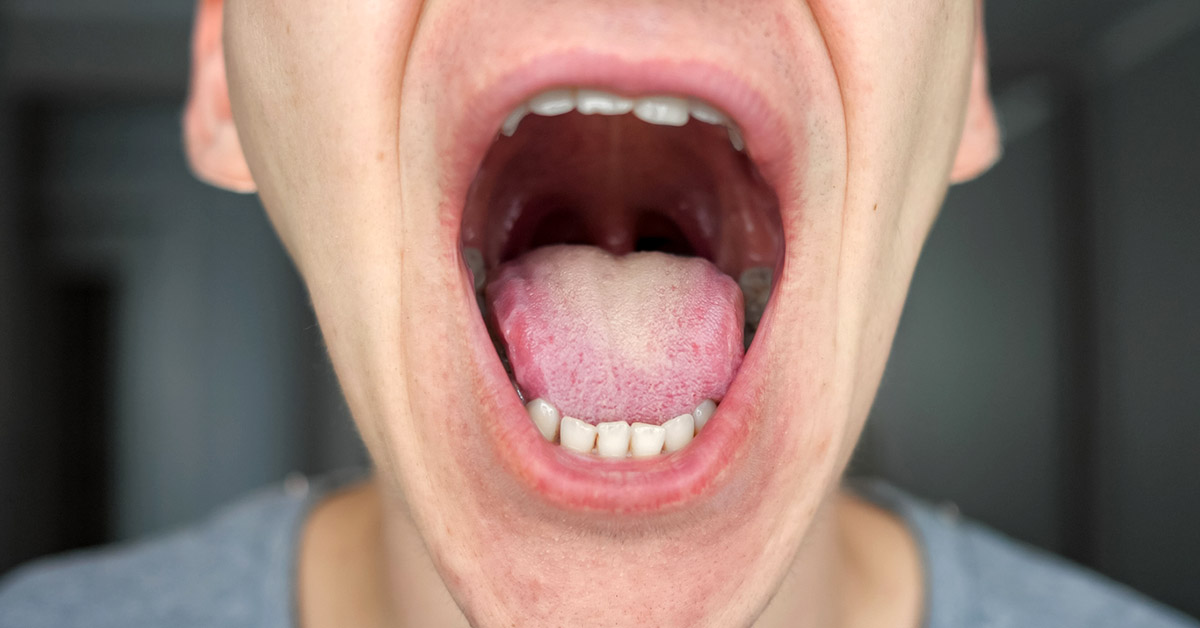Some scientists suspect that the presence of certain types of bacteria living in the digestive tract of people could signal an increasing risk for rising blood glucose levels and the onset of diabetes and cardiovascular disease.

Researchers at the School of Public Health investigated this possible link by identifying the kinds of bacteria living in the mouths of study participants and tracking if they were associated with changes to glucose levels in future blood tests. Their findings were recently published in the Journal of Dental Research.
The human mouth harbors hundreds of different kinds of bacteria, and previous research suggests that bacterial imbalances in the body could create unhealthy conditions that eventually lead to diabetes.
To learn more about the role bacteria may play, Associate Professor Ryan Demmer led the Oral Infections, Glucose Intolerance and Insulin Resistance Study (ORIGINS). The research team enrolled 230 diabetes-free adults aged 20-55 years old to measure their levels of oral bacteria, known as their oral microbiome. Two years later, researchers measured the participant’s blood glucose levels to see if any of the bacteria were associated with rising blood glucose levels, a risk indicator for future diabetes development.
The study found:
- nine different oral bacteria linked to changes in future glucose levels;
- some bacteria predicted improvement in glucose levels while others predicted worsening glucose levels;
- an individual’s bacterial makeup, referred to as the microbial ‘dysbiosis score’, was shown to be a stronger predictor of rising glucose levels than either age or obesity, which are two leading risk factors that doctors use to screen patients at high risk of diabetes. The score is a person’s ratio of bacteria associated with a more rapid glucose increases compared to bacteria linked to less rapid increases or even decreases.
“These results are very exciting as they are the first to demonstrate the potential for the oral microbiome to predict risk for future diabetes among a young, healthy, diabetes-free population,” says Demmer. “More research is necessary to confirm these findings and to better understand the implications for prevention or screening programs that might leverage information on the oral microbiome.”

